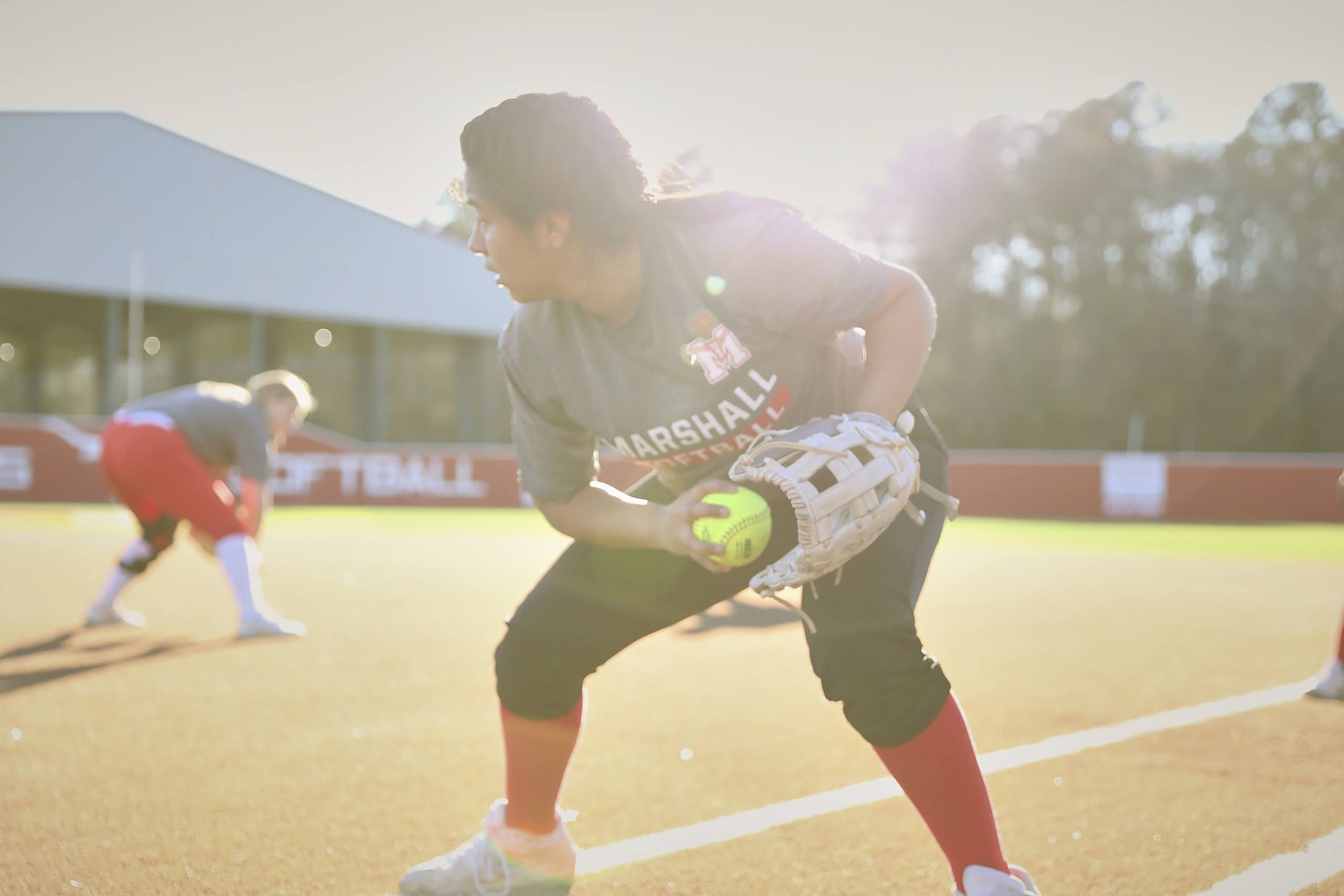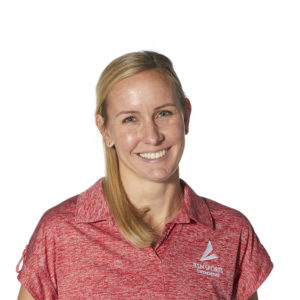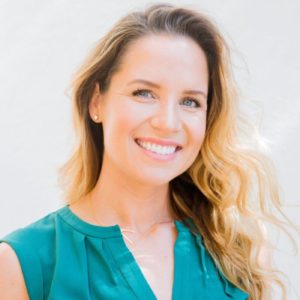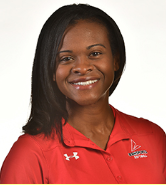Jessica Hardy Meichtry I Olympic Gold Medalist
Jessica Hardy Meichtry is an Olympic Gold Medalist and multiple World Record holder in swimming. After making her first national team at age 18 in 2005, she continued her streak as one of the best in the world for over a decade. Jessica won over twenty-eight international medals, including Gold and Bronze at the 2012 London Olympic Games. She competed at UC Berkeley for two years, winning four NCAA titles before going pro and finishing her B.A. in Communications from Arizona State University. She was elected U.S. National Team Captain in 2013, 2014 and 2015, one of her proudest career accomplishments. Jessica’s last competitive race was at the Olympic Trials in 2016, where she competed with significant injuries and did not make the Olympic team. Afterwards, she was excited to take a step back from the sport to spend more time with her husband, Dominik Meichtry (a fellow Olympian who competed in the 2004, 2008 and 2016 Games), and now, her daughter, Olivia (born in March 2018) and son, Sebastian (born in October 2019). Jessica joined BSN SPORTS in February of 2019 where she is a National Accounts Manager for swimming. She is passionate about the company’s mission to help save coaches time by making their lives easier—and is grateful for the opportunity to give back to the sport that helped shape her into the woman she is today.
Kara Lynn Joyce I 3X USA Olympic Swimmer & 4X Medalist
Kara Lynn Joyce is a three-time USA Olympic swimmer who competed in the 2004, 2008 and 2012 Olympics for Team USA, winning a total of four medals. As a swimmer for the University of Georgia, Joyce won 18 NCAA titles and set the American Record in the 50-yard and 50-short-course-meter freestyle. In 2017, Kara founded the LEAD Sports Summit for teenage girl athletes. The LEAD Company’s mission is to empower and educate female athletes and coaches, providing them with skills in leadership, confidence, nutrition, sports psychology and athletic development. Over the last four years, the Lead Company has grown from a yearly event to an online community and academy. Today, the Lead Sports Academy is home base for teen girl athletes, coaches and parents with comprehensive online courses in Leadership, Confidence, Sports Psychology and more.
India Chiles I Former All-American at Tennessee
Former All-American for the Lady Vols (2004–07), India Chiles helped Tennessee reach the Women’s College World Series three times (2005, 2006 and 2007) and the NCAA Tournament four times from 2004–07. The Lady Vols also made the WCWS championship game in 2007 and finished the season as national runners-up. Chiles is regarded as one of the best slappers in the game. For her efforts, she was named SEC Player of the Year in 2007, the 1st ever for the Lady Vols. The Louisville, Ky., native and KY Gatorade Player of The Year started 176 games over her four seasons, while recording 204 hits and scoring 157 runs. India’s senior season was her most impressive season, in which she finished with a .459 batting average with 57 runs, 89 hits, 44 stolen bases, an on-base percentage of .502 and a slugging percentage of .500. In addition to her SEC Player of the Year honor, Chiles was named Louisville/NFCA First-Team All-American, WCWS All-Tournament Team and All-SEC Tournament Team honors.
Watch our “The Benefits and Struggles of Being a Female Athlete” webinar now.
The following is an excerpt from our recent webinar featuring all three of these elite female athletes.
Q: What do you see coaches struggling with currently when coaching female athletes?
A: (India) Coaching in general is a very male-dominated field, and when you take into account that more men are coaching women’s sports, the issues have to do with how we treat these young athletes, both in the household and on the playing field. We don’t have to treat these athletes like “daddy’s girls” at home. Rather, as women, we want to be coached and pushed and to excel. So, a lot of the struggles come from the mental side of coaching female athletes. Athletes want to feel good about playing, regardless of being male or female, and sometimes, issues pertaining to female athletes may be uncomfortable for male coaches.
Q: Who were your positive role models growing up and how did they shape your life?
A: (India) Outside of sports, I looked up to Oprah Winfrey. For me, she is “girl power” and she’s been doing what she does on a huge platform since she was young. Inside sports, I looked up to Natasha Watley. She’s an Olympian and former softball player from UCLA. She was a rarity for softball, and she played the same position as me on a huge national platform.
Q: What do you think is the biggest benefit to having females participate in sports?
A: (Jessica) There are so many benefits to being in sports and being an athlete. The initial benefit is that they learn how to be a good teammate, learn communication skills and coordination. That helps elevate you to the club level, high school level, college level and professional level. But at the end of the day, it makes you happy and helps you to enjoy life. No matter how far you take your sport, it’s such a small part. But the experiences, lessons and the relationships will be there and help you throughout most of your life. It also teaches you life skills and has many benefits to help you handle the real world, both professionally and personally.
Q: Young female athletes are going through a time in their lives where they are struggling with their identity, personality, etc. How did you navigate this yourselves and what do you suggest to coaches?
A: (Kara) We are seeing a lot more acceptance of female athletes’ bodies now on social media and I hope this continues. The best thing we can do as women is to be our authentic selves and celebrate our great attributes. Helping to change the next generation and train them to see what’s real for their mental health. To take that further, as women and coaches, we need to focus on performance and nutrition and health and just leave it there. We need to be cautious of our words, so we are not doing damage. Turn the dial, make an equal training field and outsource to professionals if you have that opportunity.
Q: What is your number one advice for helping athletes begin the recruiting process?
A: (India) If you have an athlete that is in the recruiting process, as coaches, it’s important to help them with image and exposure. Especially when those coaches recruiting them are going to be around. Image holds a lot of value when coaches are looking for their incoming group of players. Help them improve in those areas so they are more appealing to college coaches and are exposed in the correct light. Also, I would add be an advocate for them. Social offers a huge audience that can help them.
Q: Is there anything about the recruiting process that you would share with coaches?
A: (Kara) It’s changed so much over the last twenty years. I had my heart set on Auburn and I remember when I was planning my trips, I ended up not taking all of them. Then, when I went to visit Auburn, I got there and thought, “This is not it for me.” The next trip I took was to the University of Georgia and I knew it was home. Looking back now, I wish I had planned more trips. That way, if I didn’t find one early, I wouldn’t have been stressed because I would’ve known I had more trips coming up, which would’ve given me more options.
(Jessica) My sport was my thing. It was the only thing I thought about; I didn’t think beyond that. I never thought about anything outside of my sport and I wish I had thought, “Does this school have an educational program that I love or do they help you land your job in the future?” Don’t pick a school based on a coach or athletic program. Help guide your players to think big picture.
Q: How do we better involve parents in the recruiting process?
A: (Kara) We know that coaches are busy already and sometimes, leaning on the parents can help in the recruiting process. Tell your parents they should plan on visiting campuses when they go on vacation. Help open your kids’ eyes to everything out there. You can start this early, so they see everything.
(India) It’s very important to involve the parents. Parents today communicate more with their kids and are more involved. When you’re trying to get your kids to the next level, it takes a village. Let them help you off the field or court.
Q: Did you have a coach that impacted or helped influence your life?
A: (India) My high school coach. In a nutshell, he was a huge motivator and inspired me daily. He believed in me more than I believed in myself, and today, I am trying to be that motivating force for other athletes.
Q: What lasting piece of info do you want coaches to remember about coaching females in sport?
A: (India) As coaches, we put so much energy into the athlete. I just want all coaches to take some time and think about what the game is giving you. Don’t forget to take some time to reflect on how you have grown and how you are a better person and understand that you are a superhero yourself.
Watch more of “The Benefits and Struggles of Being a Female Athlete” webinar now.




